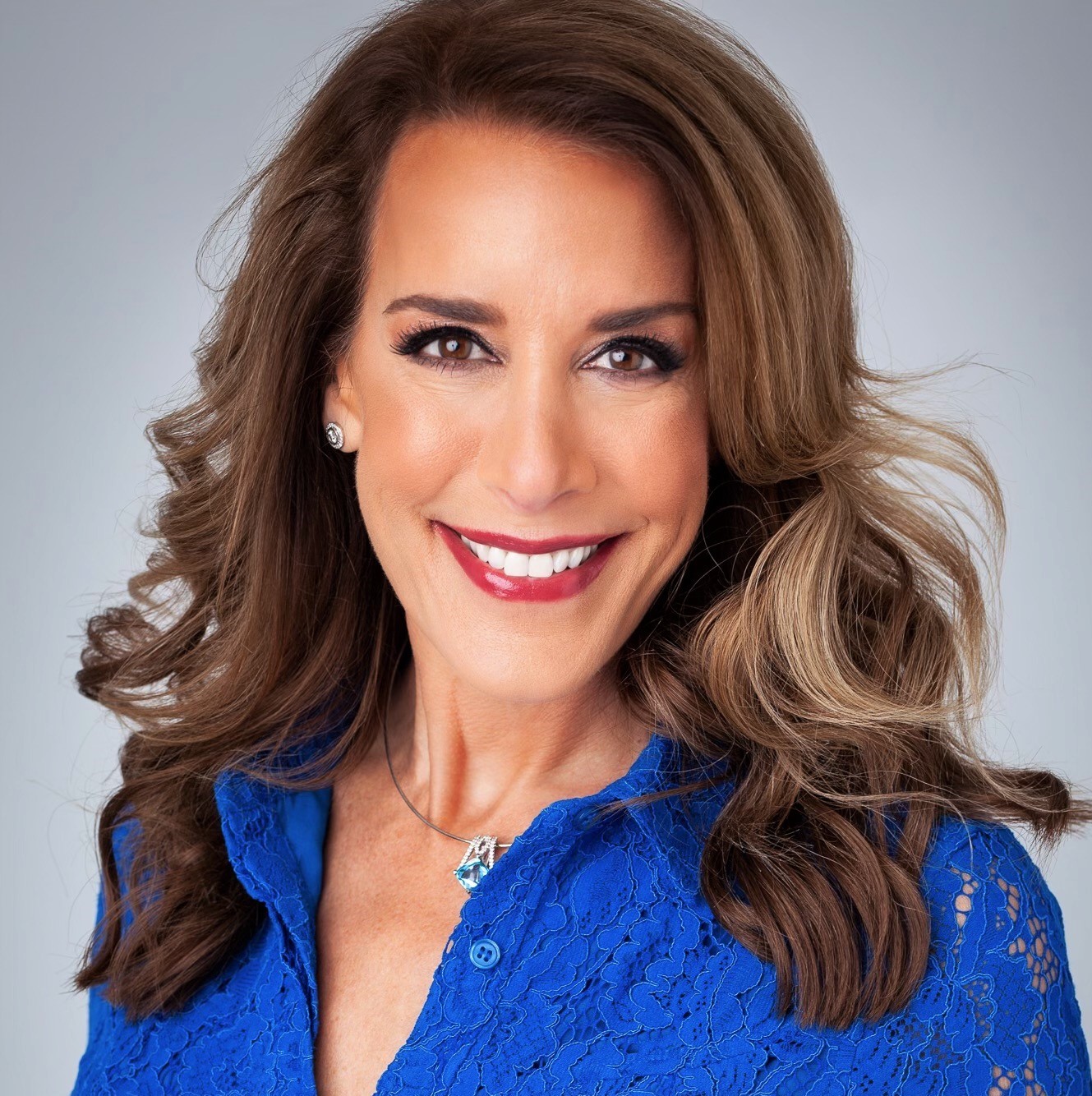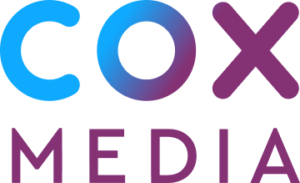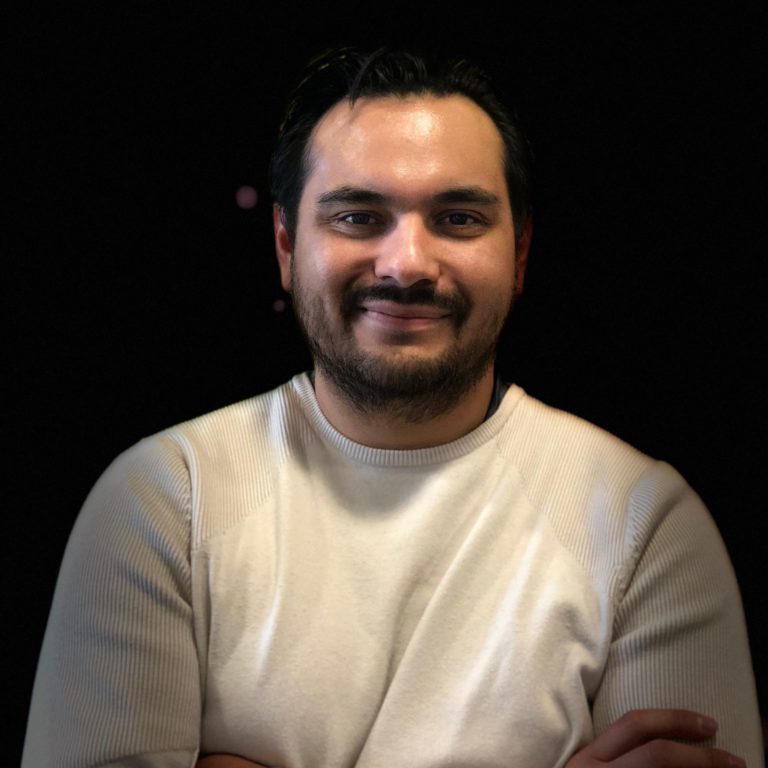Behind the Screens: Meet Media Consultant Jill Krigsten-Riley
Welcome to ‘Behind the Screens,’ a new monthly blog series in which we introduce members of our Cox Media team. From coast to coast, there’s a lot of collaboration and behind-the-scenes efforts that go into each client relationship and campaign, and every person on our team of experts brings a unique background, perspective and area of expertise. While we each have different day-to-day roles, we’re all working toward the same goal: to help our clients’ businesses succeed.
This month, I was joined by Media Consultant Jill Krigsten-Riley. Jill is a member of our Phoenix market, and she sat down with us (virtually) to talk shop and chat about how healthcare organizations can be effective in their marketing strategies.

Jill Krigsten-Riley, Media Consultant
To kick us off, Jill why don’t you tell us a little about yourself?
My name is Jill Krigsten Riley, and I’m a media consultant, but to the outside world, I always say I’m a medical marketing consultant. I’ve been with the company for 3.5 years. Prior to that I was with broadcast television and radio. All here in Phoenix, Arizona.
You mention that you call yourself a medical marketing consultant. From my understanding you had some experience in the healthcare space prior to coming to getting in the marketing world. Could you tell me a little bit about that?
So, I’ve always been interested in healthcare. It’s in my blood! My dad is an orthopedic surgeon that was involved in pretty much every professional sport. I was always right there by his side as often as I could be. I didn’t know if I really wanted to be a doctor or not, so I would come along and learn what I could. I was really into fitness and nutrition and worked as a nutrition counselor in college. Overall, though, medicine is in my blood as my dad, uncle, grandfather, and brother-in-law are all doctors and some of my aunts are nurses.
How has the pandemic changed the way healthcare clients advertise and how they market their services?
Adaptability and agility are key. Prior to the pandemic we were working with our clients on elective surgery, and it was all about targeting potential patients. All of sudden that stopped. So, what do you do? You have to pivot. That’s where telehealth came in. It was so foreign to everyone, but with the government mandating telehealth to make sure everyone was taken care of, anybody could go to any doctor in any state (and insurance would cover it) via Tele health and it just skyrocketed. So that’s been a big focus of many medical offices.
Also with the Pandemic, our clients were facing smaller budgets. You know, there’s less money now because the hospitals are really struggling because of their increased needs for PPE and they were not set up for this [length of time]. They were set up for like maybe a month of extra stuff, but not a year and a half or two years’ worth of having extra.
What other trends or patterns are you seeing in the healthcare industry that is influencing how these types of businesses advertise their services?
Patients are choosing a health care provider or wellness brand that has a personal connection to them. So, you’re seeing more of the successful offices diving into nutrition and wellbeing. Medical practices are sending out newsletters that have information just for healthy living tips and that helps start branding them as a reputable place to go for anything health-related. They are sending out messages to people to log on to their site and look for healthy tips, and pushing these messages out via email and on YouTube.
Overall, the biggest thing for healthcare marketers is branding. Branding is huge right now because people need to trust you and believe in your brand. Potential patients need to believe in your brand. If you don’t brand yourself correctly you have the potential to lose market share. I would say “Silence is not golden” in the age of COVID; you need to let people know who you are and why they need you.
How have advancements in advertising technology changed the way your clients approach targeting tactics?
We’re able to truly put together a whole customized approach; a turn-key package. As an example, say we want to reach a knee injury client. I will work to put the campaign together, focusing on bone and joints. We can create digital ads, a digital audio commercial that ties into the brand. The digital ads tied to YouTube spots. Then we can zone out the television that’s close to their offices. The targeting tactics are the same, but we’re really customizing everything.
We can provide insights and we have a Marketing Analyst team that dives in deep to see where the opportunities are. So we help them prepare a strategic marketing plan, we help them uncover competitive challenges and we can help them put together a customized plan to reach the right audience.
How does your Cox Media team help you enhance the strategies that your clients are undertaking in their campaigns?
For a new client the marketing team is one of my main partners. I meet with the client. I gather as much information as I possibly can from them, like what are their short-term goals, their long-term goals, etc. We work together to help our clients put that plan together. They pull research to find the opportunities that might be out there, and sometimes even opportunities that client was unaware of.
So, that sounds like the marketing team also helps to kind of uncover things that your clients weren’t thinking about.
100%. We dive into what their competitors are doing, where the practice is and what the opportunities are within the practice. When you’re working with a medical doctor who’s been in this business for a long time, they’re not used to this digital change. So we need to back it up with statistics. We also have our set top box data. Nobody else has that right? So, we can tell if we want to reach moms with kids or reach this specific age group this week, etc. We have a lot of opportunities to connect our clients with their next customer.
How far out do you recommend your clients plan for?
I’ll usually say three months minimum, but an annual plan lets you really maximize your investment. I recently set up one of my clients with an annual so we can really optimize their campaign throughout the year. I like to ask my clients what their long-term plans are, because really, if you’re going to be their partner, you’ve got to dive in and look at the long term.
For those that are in the healthcare space that aren’t currently advertising, what considerations should they keep in mind as they start to make those decisions?
Their website better be up to speed. Don’t think about the short-term fixes so much, and instead plan out a long-term strategy. Focus on building your brand and building a patient-centric brand. You’ll have higher engagement. You’ll have higher customer satisfaction. We are a “click and want it now/get it now” society, so if your website and your mobile app and your website don’t download quickly, people bounce, and they’ll go to the next provider.
Alright, last question. If you could tell each of your clients and prospective clients one thing right now, what would that be?
Brand yourself. Set yourself up as a trusted provider and think of different (sometimes unexpected!) ways of reaching your patients.
We hope you enjoyed this discussion with Jill. We’ll be back next month with more behind-the-scenes insights from our team. In the meantime, fill out the short form to the right to connect with a Cox Media expert today!
Connect with a Marketing Expert
Share Post On Social
Related Insights
Connect With Your Local Marketing Expert
You know your business. We know advertising. Together, we can bring your business to more people. Contact a member of our team today. We’d love to help you grow.


